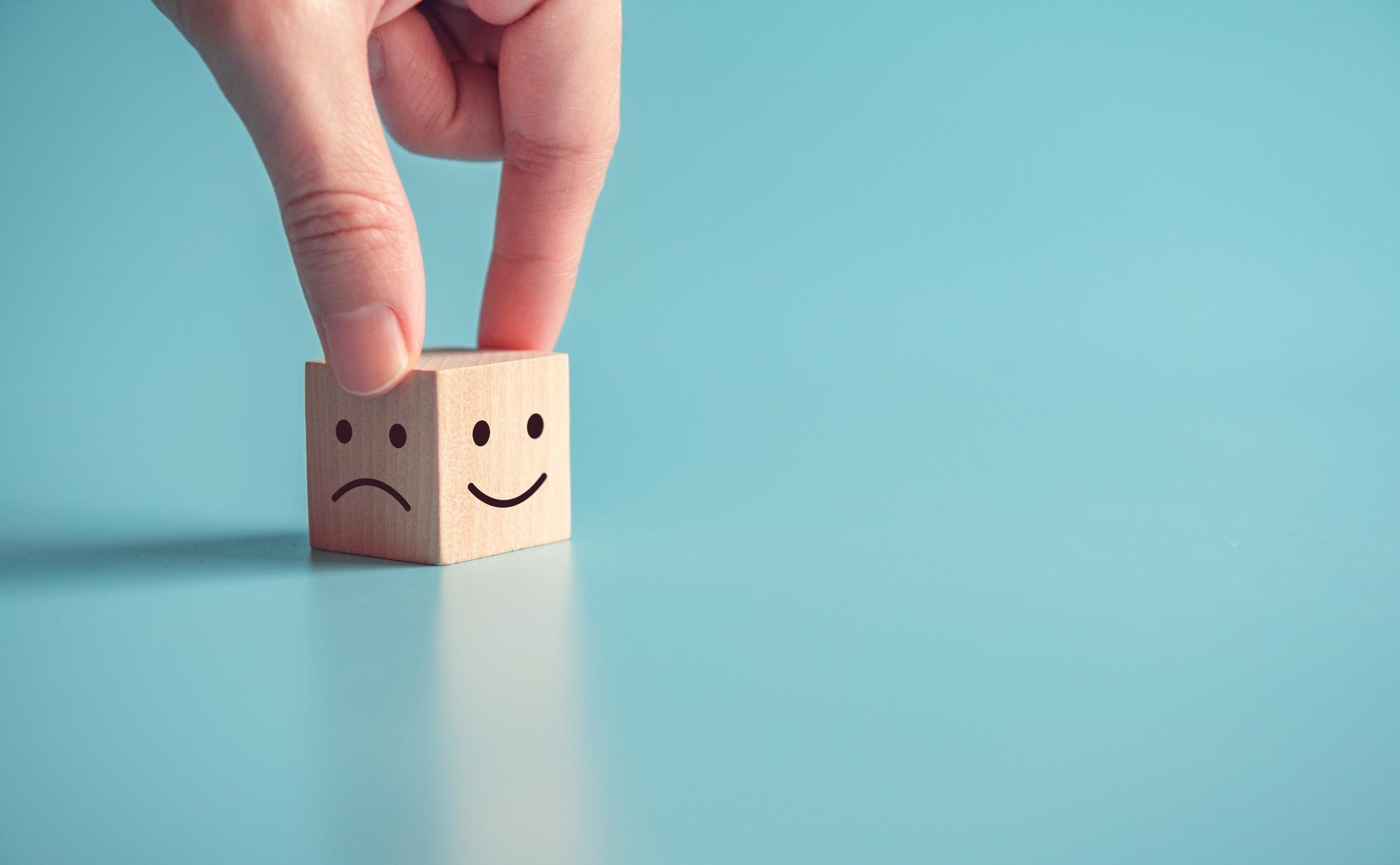What do you think contributes to the well-being of Danish society?
The keys are in trust. Cultivating this spirit of trust, that is, being someone you can trust and trusting others, promotes goodwill and collective well-being.
The key lies in choosing your life freely and having a life that resembles what you are inside. The more we live in accordance with who we really are, the more likely we are to live a happy life. This philosophy of life is maintained by the Danish school system which does not cultivate elitism but aims to develop the personality of the child and his own skills. So that everyone realizes that they have a place and a usefulness in society. In Denmark I was raised in these values of trust and common project.
You say that the whole population participates in a common project in Denmark, how can the system work?
Everyone feels individually responsible for this common project and the values they want to see shared in society. For a society to function, one must not rest solely on the responsibility of the government, but begin by living and applying these values oneself. And if there is to be a change, it must come from below, that is, from each of us.
How to maintain the same optimism on a daily basis?
The basis is to have chosen your life well and to do something you love. Confucius says choose a job you love and you will never have to work a day in your life. For me, optimism is the fact of believing in it, of telling yourself when you are faced with difficult situations, of trying to go towards your dreams.
You are the communications director of a large company. How do you manage to manage the stress for you and your team?
In my company, I have imposed Danish timetables, i.e. if people want to leave at 6 p.m. or earlier to pick up their children from the crèche, they can (in Denmark, the balance private life professional life depends on flexible working hours. One in four Danes (Danmarks Statistics, 2013) believes that they can freely adapt their work in order to have a balanced life. For example, a Danish employee spends only 31% of his day at work, i.e. a little less than 8 hours, editor’s note).
On a daily basis, I avoid putting myself in states of stress in situations that do not deserve it. When members of my team are confronted with this kind of stressful episodes, I make them ask them the right questions: what is the problem, is it important and is it serious. Take a step back from eventsby dissecting the worst possible scenario that we have imagined, we can defuse this anxiety.
It is also important to take the time and not act in a hurry. When we run all the time we forget kindness. Yet kindness and benevolence are essential values. And I try to surround myself with people who have those values and those qualities.
“Happy as a Dane”, Malene Rydahl, editions I read. Optimist Book Award 2014.
>> To read also: The Danes are the happiest in the world
Happiness: why happy people are healthier
Letting go: we accept to be less perfect
















